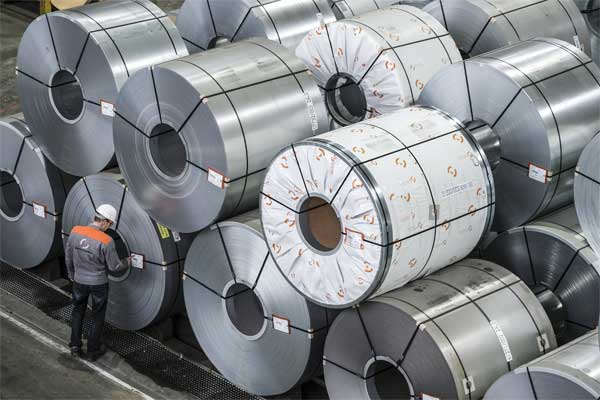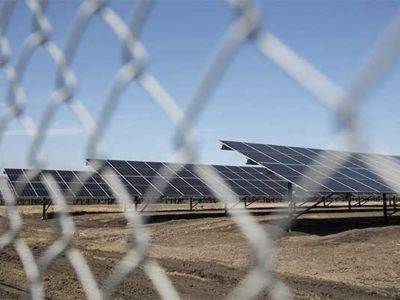Both the U.S. and Canada have agreed to halt retaliatory tariffs on imported goods.
Trump had imposed tariffs on Canadian goods, while Canada, in response—had also imposed retaliatory tariffs causing significant friction during negotiations for the new North American Free Trade Agreement (NAFTA).
What Happened?
As part of a new deal, the U.S. has agreed to lift the tariffs while Canada has also agreed to lift its own retaliatory tariffs on goods such as whiskey and washing machines.
The deal means U.S. Steel and aluminum imports from Canada will no longer be taxed.
Why this Matters
Half of all U.S. steel is imported to Canada, and in 2017 more than $18 billion CAD in steel was traded between the two countries.
It’s still very unclear how this shift in policy affects the soft costs of solar installations in Canada or the U.S., but it’s clear that manufacturers (who use steel to produce racking, tracking, and mounting systems) would benefit.















Comments